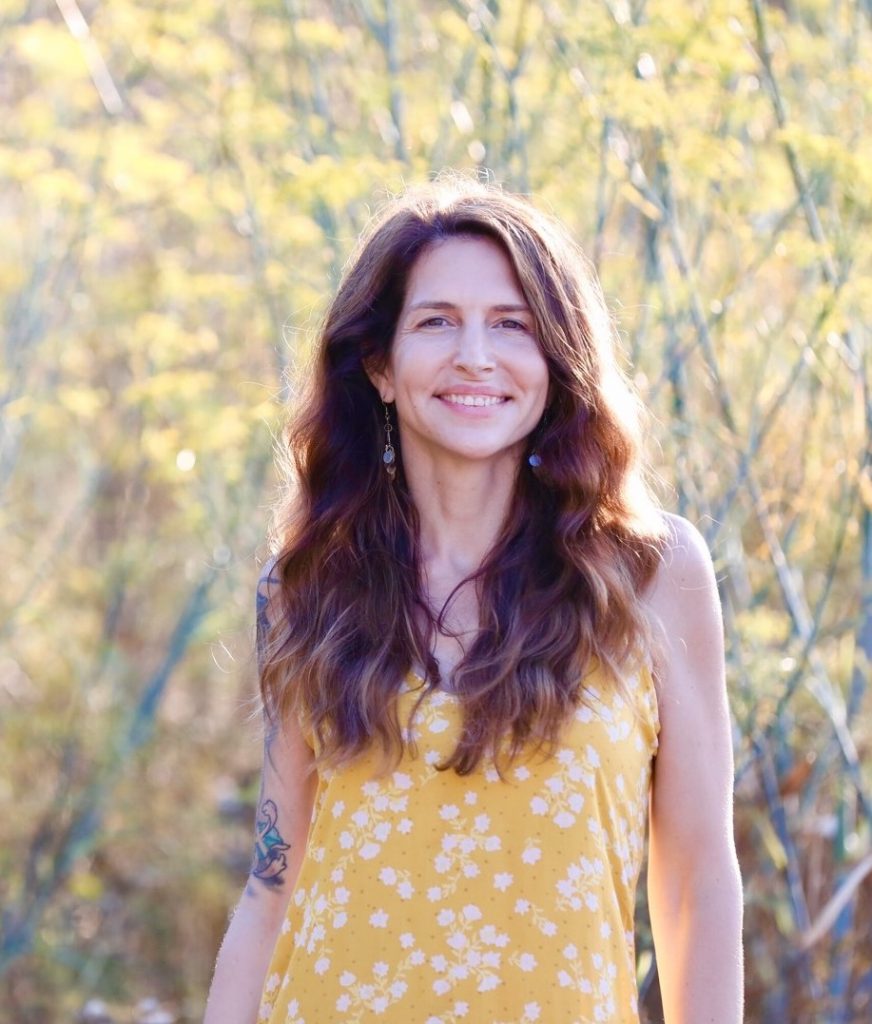Lapses in confidence are common, but when we are left feeling like we have somehow fallen short regardless of our accomplishments, it might be time to look a bit deeper to find out what might be driving this feeling.
I remember a client of mine several years back asking, “How do I love myself? What does that even mean?” For someone who has been well initiated into shame, self-love is so far beyond their comprehension that it is like describing a different universe.
We develop shame through life experiences, social conditioning, and cultural indoctrination. In short, we believe we are bad because we had experiences where people made us feel that way—overtly or covertly. These experiences are most impactful in our childhood when we are much more easily conditioned. However, the right combination of experiences at any point in life can leave us believing in our worthlessness.
Shame is complex and can be difficult to take apart. Understanding how and why it develops can give us a bit of insight.
Children learn to regulate their behaviors by developing an emotional “clutch,” located in the prefrontal cortex, that can turn the accelerator off when the brakes are applied and redirect their interest in more acceptable directions…. An activated accelerator followed by the application of brakes leads to a nervous system response with a turning away of eye gaze, a feeling of heaviness in the chest, and a sinking feeling (Dan Siegel and Mary Hartzell).
This internal mechanism helps the child learn how to get along well with others and regulate their behavior in a way that is socially compatible. This happens in a very healthy way if, along with the child’s instinctual “braking,” there is love and connection offered from the outside. If, on the other hand, love and connection are withdrawn, then the child will have a different interpretation of the events.
This does not happen after one episode. When the experience is repeated, and the more it is repeated, the child comes to believe that there is something wrong with them. They will come to believe that what is wrong with them is either something someone told them in conjunction with these events or a seemingly random problem they might have found in their environment.
One of the simplest ways to heal ourselves is to reverse the process that we experienced. In other words, if we lost love and connection when we had a shame reaction, the best thing we can do for ourselves is to connect and feel love when we start experiencing shame.
This is easier said than done, but each time that you can choose this, it will help you to feel less chronic shame, and through that, strengthen your sense of self-worth.
When trying to reconnect and heal from toxic shame, there are some important things to consider.
Is this person safe?
Are they capable of supporting me?
Do I know what will help me?
Do I have a back-up plan?
Is this person safe? Not all people are capable of meeting you as you try to connect and come out of shame. If you are not sure about your personal relationship, it may be helpful to first do this work with a professional to ensure the maximum safety for yourself. Even when working with a professional, try establishing the relationship’s security before sharing highly sensitive material.
Are they capable of supporting me? Someone may love you a lot and be very trustworthy but lack the ability to show up in the way that you need during this vulnerable time. Sometimes, you will not know if someone is capable of supporting you until after you have tried. That is totally fine. However, if someone has proven themselves unable to show up in the way you need, you will be better off waiting to share with them until you have shed some layers of shame.
Do I know what will help me? Very often, the answer to this question is no. However, it is still worth thinking about and finding some answers to. When you know what you need, it is that much easier to get it for yourself. We often learn this by getting what we do not need and then using a process of elimination to learn what works best for us.
Do I have a back-up plan? Crossing this divide can seem really risky. There are reasons that you decided to hide rather than connect. Not every attempt is going to be met with success. In fact, your defense mechanisms might make it impossible to feel successful even if many successful features are present. Taking good care of yourself means knowing where you can go or how you can take care of yourself if your situation ends up being less than optimal. In time, as you grow in this skill, it becomes less necessary as the whole process will become easier.
It is helpful to keep in mind that the vast majority of people deal with some kind of shame that holds them back or shuts them down. You are not alone, and your bravery not only paves the way for your own expanded life, but also helps others heal from their shame.
An important element in overcoming toxic shame is learning to love yourself. Read more here to learn why this is so important >>> \”7 Reasons to Love Yourself First.\”

